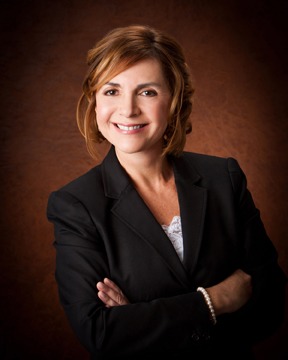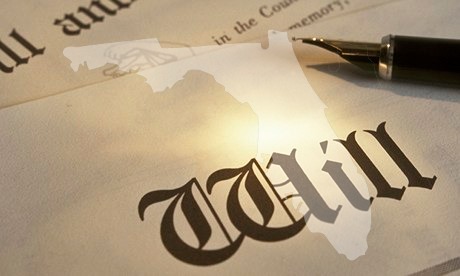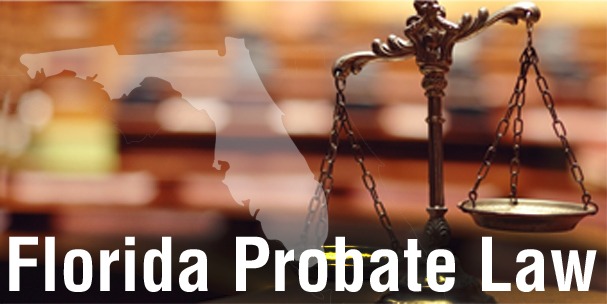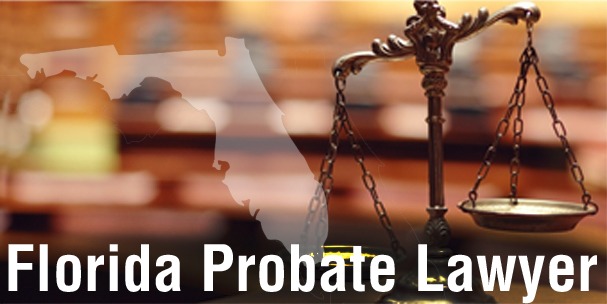Daytona Attorney at Law
More often than not, people who are on the lookout for an attorney, are those who are stuck in some critical life crisis, which leaves them drained out of the energy and the wisdom to deal with the situation sensibly. It is one of those times when you need someone who can truly understand your issues and make use of their experience and training to help resolve whatever it is that is bothering you.
An overview of your Daytona area Attorney
 Attorney Debra G. Simms is one such proficient lawyer, who has been awarded a Florida Bar certificate and specializes in Elder Law. She has been practicing law in Ohio ever since 1988. She moved to the state of Florida in 1996 and was granted the license to practice Florida specific state law in the year 1997. Simms has been practicing law with regard to several legal issues such as Medicaid Planning, Probate, Guardianship, Elder Law and Estate Planning, since 2007. Seven years later, in 2014, Simms was also granted the Board certification in Elder Law.
Attorney Debra G. Simms is one such proficient lawyer, who has been awarded a Florida Bar certificate and specializes in Elder Law. She has been practicing law in Ohio ever since 1988. She moved to the state of Florida in 1996 and was granted the license to practice Florida specific state law in the year 1997. Simms has been practicing law with regard to several legal issues such as Medicaid Planning, Probate, Guardianship, Elder Law and Estate Planning, since 2007. Seven years later, in 2014, Simms was also granted the Board certification in Elder Law.
With a spectacular career spanning for more than two decades, Simms has established herself as one of the most competent and talented attorneys in the recent times. Her comprehensive experience and seasoned skills make her adept at dealing with a wide range of legal disputes, and resolving them with brilliant dexterity.
Legal Aid
All throughout the span of her career, Simms has been renowned for aiding several families and individuals with their legal issues. With her characteristic sensitivity, she is able to quickly assimilate the intricate details regarding the legal needs and intent of her clients, and is able to provide affordable and favorable results.
Simms has been dealing with a massive number of lawsuits including those focusing on Wills, Living Wills, trusts, advanced medical derivatives and also Power of attorney disputes. She has also been certified by the Florida Bar to practice as an arbitrator and a mediator.
Apart from her celebrated career in law across the state, Simms has also been actively instrumental in providing lectures and participating in community organizations pertaining to Elder Law, in the state of Florida. In addition to being a member of the National and Florida Academy of Elder Law Attorneys, Simms is also presiding the Volusia County Bar Association’s Elder Law Section, as the chairperson.
Simms serves as a board member of the ARC Volusia, the Volusia/ Flagler Jewish Federation and even the Daytona Beach Symphony. Apart from reaching out to the ones in need in the real world, Simms has also created a virtual point of contact for the ease of approach. Her website provides extensive details of the services provided by her. The website aims at furnishing in-depth and comprehensive description of the various technicalities of the legal issues, and helps the user understand what exactly it is that he/she is faced with. It also helps the user gain insight about the various concerns that might arise in the due course of litigation, specific to his individual case.
If you are residing in Volusia County, New Smyrna Beach, Port Orange, Daytona and surrounding areas, and are looking for a reliable and experienced attorney, to help you fix your legal issues, you may visit the website and drop in a word for obtaining consultation.
To contact Florida attorney Debra G. Simms, P.A. in Port Orange or New Smyrna Beach, FL please call 877.447.4667.



 In most states, the will filed with an affidavit notarized by the witnesses, is termed as ‘self proving’ and does not require a lot of legal guidance from a lawyer. However in some cases, the adequacy of the will may be questionable as per the state laws. The state laws along with the Uniform Probate Code, specifies the baseline criteria for the framework and content of the probate will. They also lay down the guidelines for adequacy of the witnesses provided for the will. The law also specifies that a more recent will would always be considered over its older version. If the beneficiary encounters any such disputes regarding the validity of the probate will, it is advisable for him to take up the case with a probate lawyer.
In most states, the will filed with an affidavit notarized by the witnesses, is termed as ‘self proving’ and does not require a lot of legal guidance from a lawyer. However in some cases, the adequacy of the will may be questionable as per the state laws. The state laws along with the Uniform Probate Code, specifies the baseline criteria for the framework and content of the probate will. They also lay down the guidelines for adequacy of the witnesses provided for the will. The law also specifies that a more recent will would always be considered over its older version. If the beneficiary encounters any such disputes regarding the validity of the probate will, it is advisable for him to take up the case with a probate lawyer. You never know when legal problems crop up in business or at home. Especially if the problem is regarding money, and lots of it, you will have to consider hiring a lawyer. A lawyer will be able to guide you through the process of rectifying or solving the problem and offer strategic solutions to avoid similar incidents from happening again.
You never know when legal problems crop up in business or at home. Especially if the problem is regarding money, and lots of it, you will have to consider hiring a lawyer. A lawyer will be able to guide you through the process of rectifying or solving the problem and offer strategic solutions to avoid similar incidents from happening again.
 At the law firm run by Debra G. Simms and her team of experienced and qualified lawyers, you will be sure to get the best in legal and paralegal services from drafting of important legal documents like wills, living wills, different types of trust deeds, powers of attorney, probates, estate planning, guardianship and elder law services, and much more.
At the law firm run by Debra G. Simms and her team of experienced and qualified lawyers, you will be sure to get the best in legal and paralegal services from drafting of important legal documents like wills, living wills, different types of trust deeds, powers of attorney, probates, estate planning, guardianship and elder law services, and much more.
